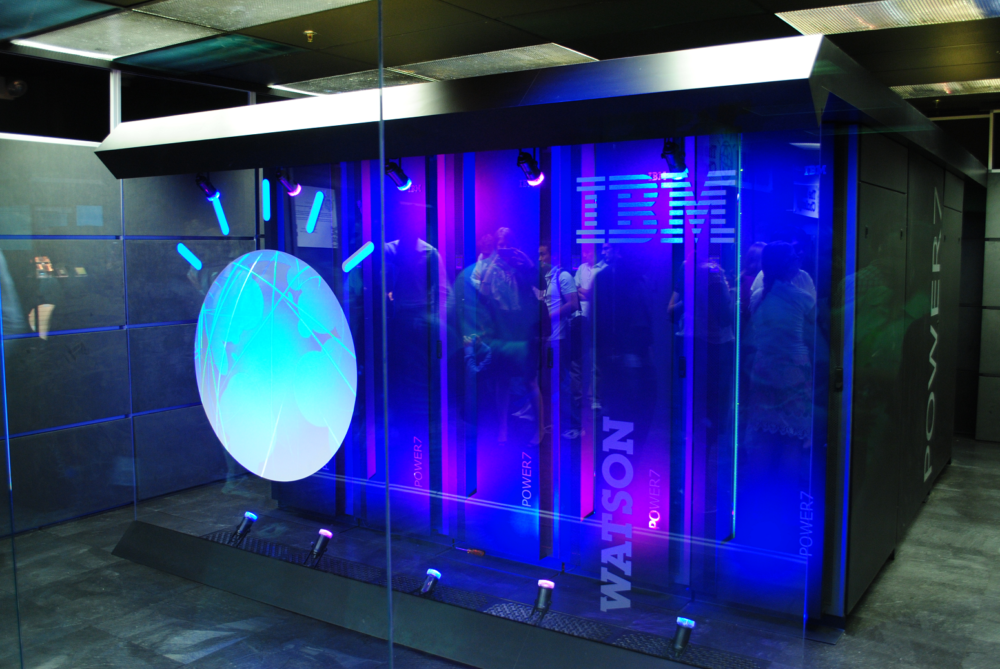It’s a typical Wednesday morning. You wake up and instinctively grab your phone from the nightstand to catch up on what you missed while you were asleep. Tons of photos and videos start flooding into your Instagram, Tik Tok, and YouTube, immediately compelling you to continue scrolling to discover more. Suddenly, you notice how much time has passed. You jump out of bed to get ready, frantically yelling “Hey Siri” to ask her about your schedule for the day. From the moment you wake up, artificial intelligence (AI) is integrated — seamlessly — into your daily routine.
With AI becoming increasingly more advanced and human-like, it’s easy to imagine a world where humans and machines coexist; in a way, we’re already living in that world. From recommending movies on Netflix to predicting your Google searches, AI has made life easier from behind the scenes. However, amidst all the benefits of AI, the fear of AI becoming “too smart” and gaining the ability to lie poses both an ethical and technological dilemma of preventing AI deception. In fact, this dilemma is already a real concern as some machines have the ability to lie, and some can even lie better than us.
Over the past two decades, software engineers have tried to develop an AI system that can win poker games against people. Poker was seen as an exceptionally challenging game for AI to play because of all the hidden information that the machine couldn’t take into account, like the other player’s poker hands. The major breakthrough finally came in 2019 when Pluribus, an AI developed by Carnegie Mellon University, won a huge pot while playing against five world-renowned players. To win, Pluribus practiced by playing against itself repeatedly and seeing which strategy was the most successful based on a probability distribution. Then, during the actual game, Pluribus used a blueprint strategy to determine the best strategy based on the specific situation it was in. In such cases, AI is able to learn and develop its ability to deceive, allowing AI to better serve its purpose for the people who created it.
Unfortunately, when AI deception occurs based on the machine’s learned behavior, AI can become dangerous towards society. A study produced by the Ecole Polytechnique Fédérale de Lausanne in Switzerland demonstrated that robots eventually developed the ability to lie to other robots over multiple generations of evolution. These robots were first placed in an arena with a few colored rings that were scattered randomly on the floor. They were then programmed to find the rings and emit a blue light when they found a ring. The robots also detected any blue light produced from other robots that found a ring before them. A new generation of robots was created after each round using the artificial genomes of the robots with the highest success rate for finding the rings. After 500 generations, the robots ultimately evolved the ability to deceive other robots by not emitting the blue light when they found a ring, as that would lead to other robots immediately detecting the blue light and crowding around the ring. This leads to more competition around the reward. This deceptive trait is commonly seen in nature as some animals hide their food source to avoid others from obtaining it. Similar to these robots, AI is programmed to achieve a task and win no matter the cost. For that reason, how AI accomplishes the goal becomes unforeseeable and sometimes completed with deception.
Living in a world where machines can easily deceive us is certainly unsettling because it makes the imagined world of an AI takeover, like the one seen in the movies, even more real.
Living in a world where machines can easily deceive us is certainly unsettling because it makes the imagined world of an AI takeover, like the one seen in the movies, even more real. However, it is sometimes beneficial for AI to lie especially if these lies stem from human intention. In the case of asking a simple question like, “do I look fine today?” to a digital assistant in hopes of a reassuring answer, AI might lie just like any human would when telling a white lie. On a much larger scale of military robots deceiving the enemy to avoid getting caught, AI deception becomes a vital military strategy and is needed to accomplish tasks successfully. Thus, it’s not a question of whether we can prevent AI from lying to us, but how we can prepare for AI deception when it occurs.
Thus, it’s not a question of whether we can prevent AI from lying to us, but how we can prepare for AI deception when it occurs.”
Sources
PNAS (2009). DOI: 10.1073/pnas.0903152106
Science (2019). DOI: 10.1126/science.aay2400
Image courtesy of WikiMedia Commons
